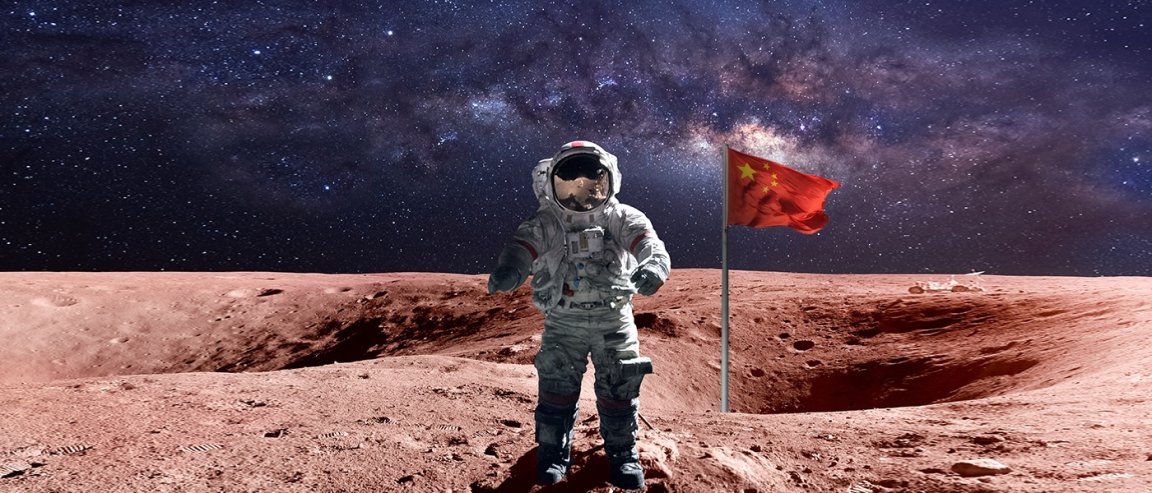
The Modern-Day Space Race

The world is competing in a new space race – this time around, it’s a mad dash for Mars. SpaceX and NASA have been vocal about their plans to reach the Red Planet, but now, a new competitor is speaking up.
Wu Yanhua, deputy chief of the National Space Administration, said Beijing aims to launch its first Mars probe around 2020 to carry out orbiting and roving exploration, followed by a second mission that would include collection of surface samples from the Red Planet. The announcement was made in a press conference held early this week for the release of a policy paper that detailed China’s intent to explore deep space.
The ultimate goal is to establish China as frontrunner in the field of space exploration by 2030. By then, the country also plans to have landed on the moon – a goal they hope to achieve by 2018. Eventually, China also plans to send probes to Jupiter and its moons.
Plans to Reach The Red Planet
The original space race was defined by the United States and Russia battling for supremacy in spaceflight capability from the 1950s through the 70s. America proved to be the winner of this race when they landed on the moon in 1969. China lagged behind – the country didn’t send its first satellite into space until 1970.
While the country was a late entrant into the space race, they have effectively stamped their intent to become a serious contender in the decades since. To date, they have staged a spacewalk, sent a rover to the moon, launched a space lab, and sent five crews into space. The latter marks China as only the third country in the world (the other two being the US and Russia) to have been able to achieve this successfully.
Given all the advances in technology however, this generation’s space race is more competitive than ever, with governments going head to head with privately funded organizations. SpaceX has already announced plans to colonize Mars within the next 40 to 100 years, targeting 2025 as the year they reach the Red Planet. As far as Elon Musk, the company’s CEO is concerned, it’s no longer a question of whether we will ever reach Mars, it’s a matter of when.
NASA on the other hand, who hopes to reach Mars by 2030, has divided their plan to reach Mars into several phases: “intensive research aboard the International Space Station to complex operations in multiple staging orbits for deep-space simulations, and finally missions and home-building on Mars.”
However, NASA’s associated administrator for science, Thomas Zurburchen says that it isn’t necessarily a race. “If Elon Musk brought the [Mars] samples in the door right now I’d throw him a party out of my own money,” he said in a previous interview with Seeker.
Instead of Musk, though, now it could be China.